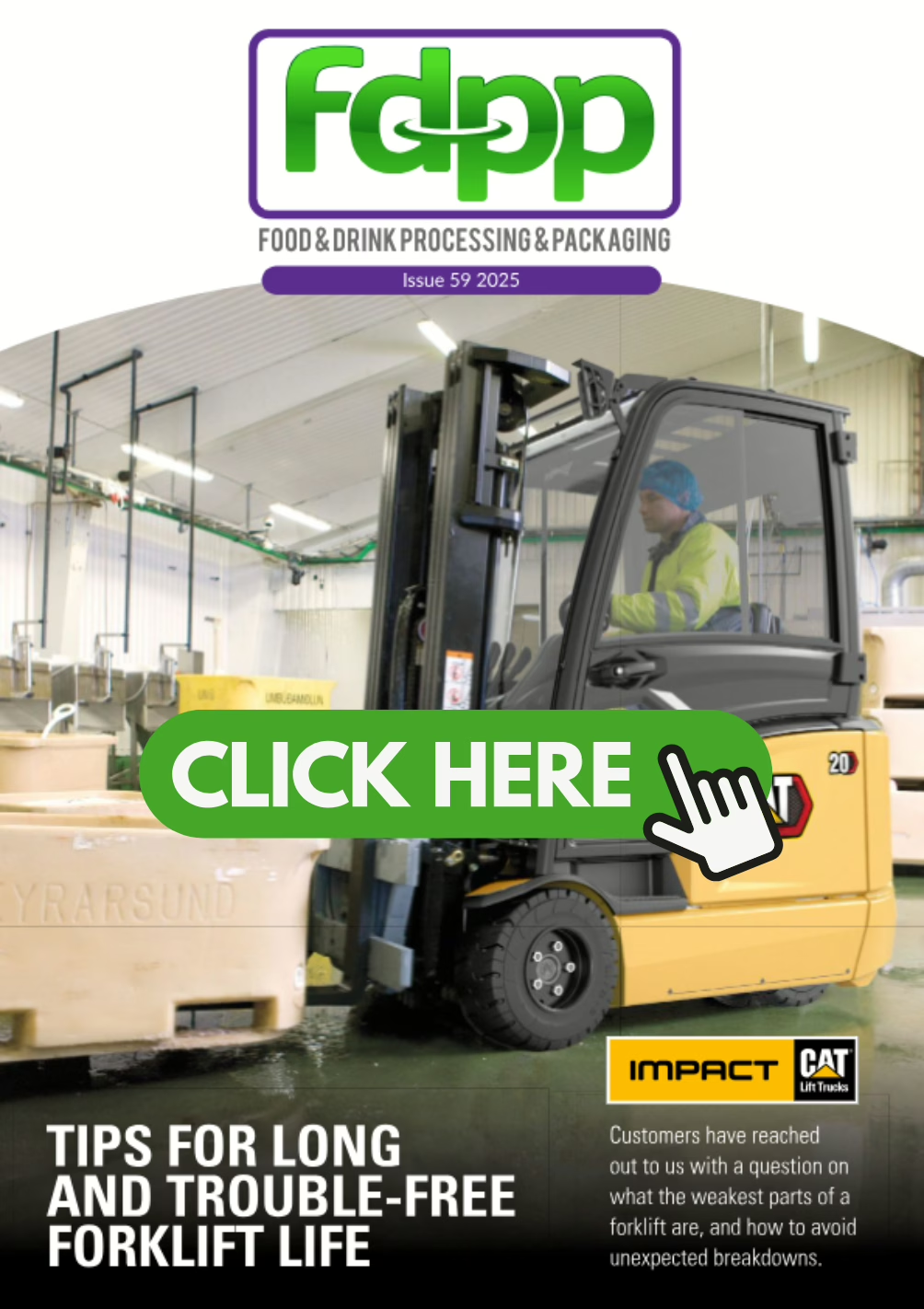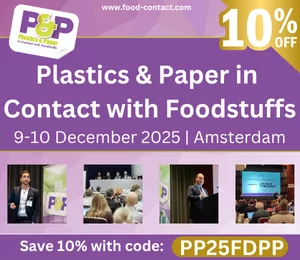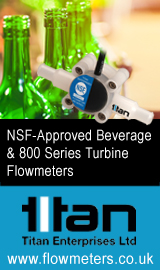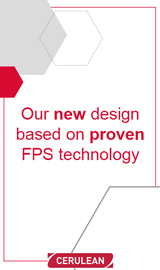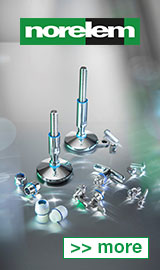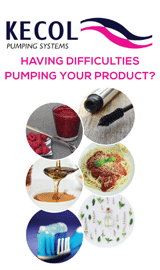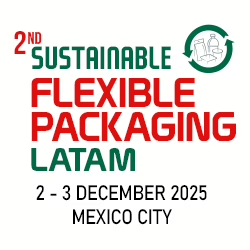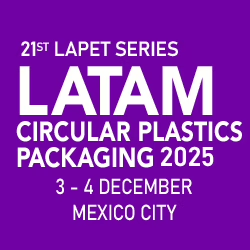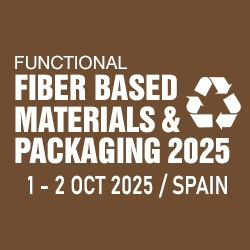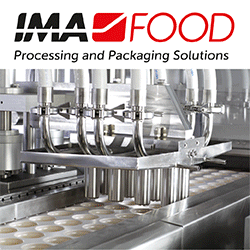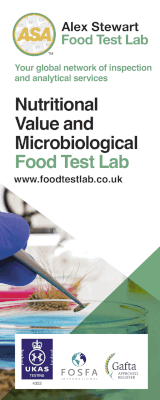Handling the Appetite for Plant Based Meals
Global demand for meat and dairy free plant based products has seen tremendous growth, with sales reaching an all time high in 2021 of £800M.
As plant based meat and dairy free product demand soars, and with the market growing over 74% during the past 3 years (source:plantbasednews.org), food manufacturers may be wondering how should plant based Meats and dairy free food be handled, and if they should be dealt with differently?
Plant Based Food Manufacture
Plant based foods can be crafted in a variety of ways once ingredients have been combined in mixer. One way is by extrusion cooking where thermal and mechanical forces are placed on food within a screw extruder to create shear, altering the protein structure and texture of food. This can create chunky meat like textures similar to those found in a thick fish fillet such as Salmon.
Other methods may involve a wet texturiser process which is used to add moisture in conjunction with starches or other fibres to alter a products texture. These methods can be combined with other processes such as dextrinisation (toasting) where heat is used to break down the sugar within starches, creating a toasted flavour as the food is browned.

Pumping Considerations
As food manufacturers look to transfer new blends of food into extruders, machinery or process what considerations should be given to pumping equipment?
Some blends of plant based foods can be drier than meat based alternatives meaning they are more difficult to pump. If their viscosity is so high than the fluid does not flow, then pump selection can become extremely limited, in particular if a mechanical feed is required to ensure the pump inlet remains flooded, clogging does not occur and that controls are in place to ensure that the pump does not operate without fluid – damaging itself.
The solid handling capability of pumps will need to be carefully studied to ensure that any soft solids remain intact or if any large solids or textures are ok with being compressed are handled appropriately. Similarly if any process trialed at pilot plant level, that the solution is scalable to meet increased demand at higher output.

As plant based ingredients are yet to meet industrial scale quantities, availability and most importantly price point, ensuring high value ingredients are metered and dosed accurately into process ensures full cost control, especially during a time where plant based foods remain more expensive than their meat counterparts and cost is ever increasing.
Flexibility to deal with reformulation is another key consideration– where the recipe for plant based meals can change suddenly due to key ingredient shortages as we have seen with sunflower oil, seasonality or simply changes in recipes or new adoptions in consumer taste. Whilst Milk traditionally thickens when mixed or pumped at high speed (Shear Thickening & Newtonian in nature), non dairy milks such as Coconut or Hazelnut Milk can be shear thinning and non Newtonian in nature.
Having the ability to handle fluids according to their rheology, and across a wide viscosity range will ensure any changes in fluid thickness or texture can be easily accommodated, future proofing your process.
All in all, the correct pump technology will be the pump which achieves your outcome, without compromise to the fluid or process at the lowest lifetime cost.
If you are looking to handle plant based or dairy free products, visit www.northridgepumps.com or contact us on 01773 302 660 to see how we can help.

